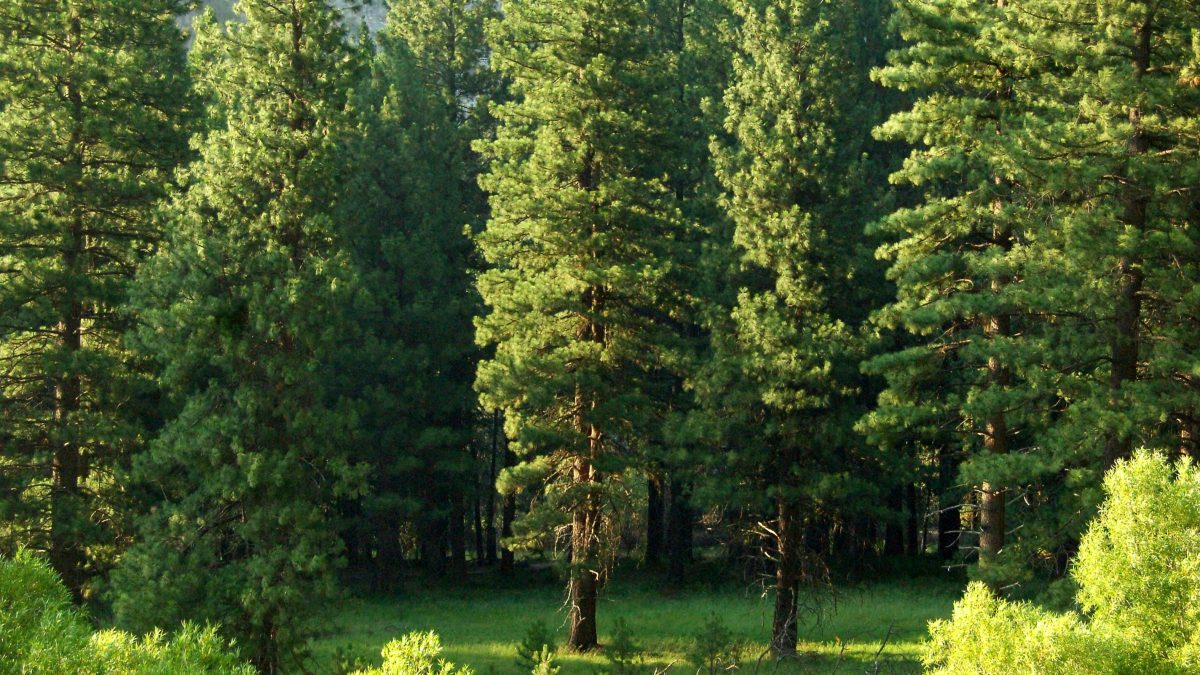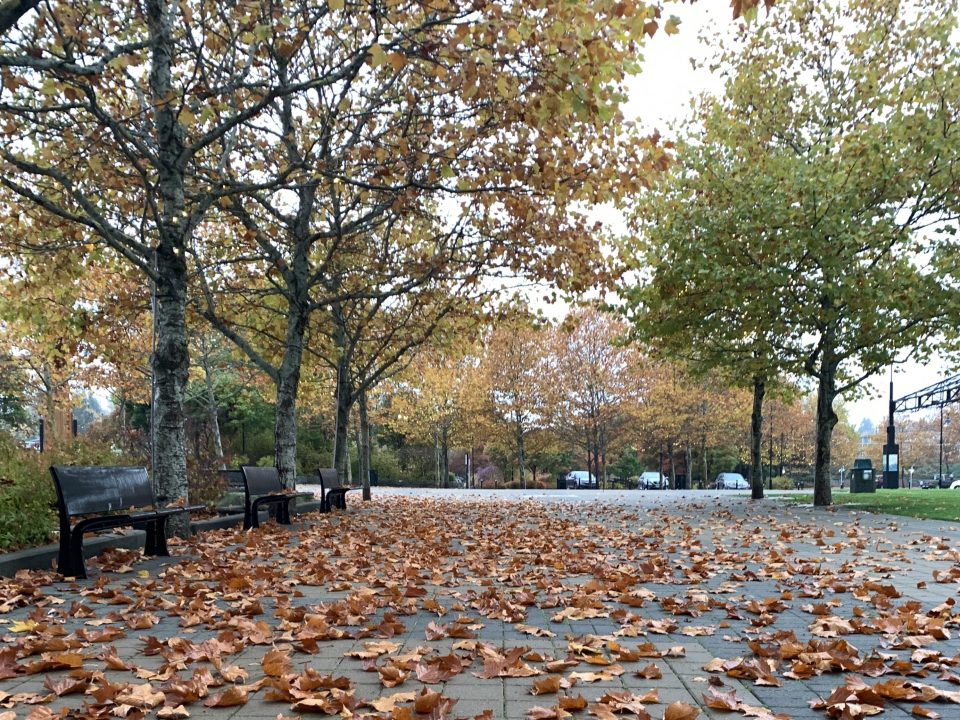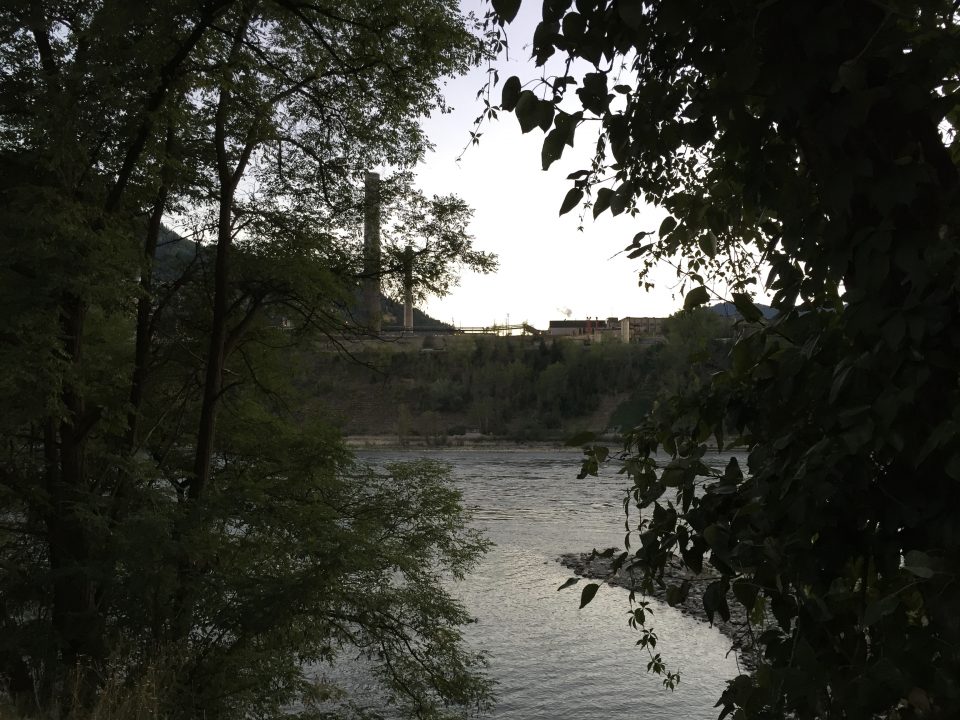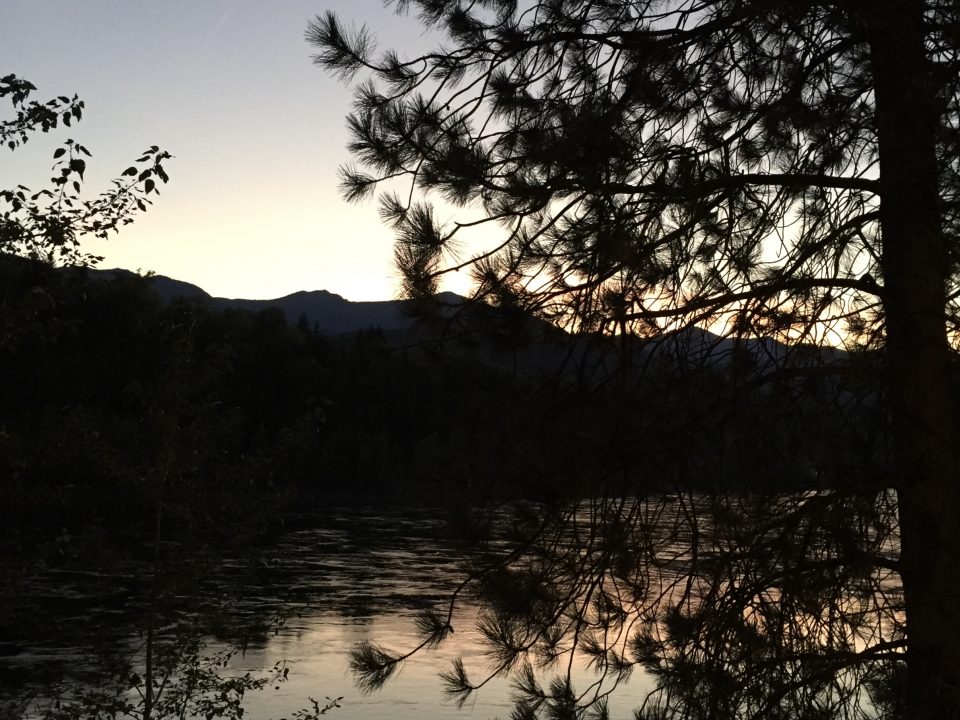Lupines and Other Sorrows

Micro-Version:
A threat of bombs averted, sorrow miners light their lamps, following the tracks of a tidily dressed six-year old. They find no shortcuts. Meanwhile, the earth revolves around the sun sixty times and lupines bloom, right on cue.
The Long Road:
It is the summer of my fifty-ninth year. Soon, my friends who haven’t already will turn 59, too. Others are farther ahead on the tightrope. Some are following behind watching for our missteps. It is July. The lupines are up, cornflowers too. A pair of flickers have taken up residence in my yard.
I took a week long writing retreat recently, a luxurious set of days under the hot Arizona sun, letting my words bake. I am writing a second (and third) book. Writing is a strange mix of discipline and distractedness. Simply sitting down and showing up at the keyboard takes a strict kind of hope.
A question I asked myself as I started that week: Do I really want to be in my sixties? I write the question, not to be dramatic, but to simply to give the thought, as it arises, space in my head.
People say life is short. Personally, I’ve found it kind of long. I’ve written about this before. I had no idea I would live this long. I was raised in the 1960’s and I was sure the bomb was going to drop.
Yet here I am, six decades along. The bomb did not drop, at least not on me. I have discovered, as I skirt the edges of my old age, that all of life is learning to let go. We let go of loved ones, those gone too soon – too soon for us, at least. We let go of the jobs we thought we’d have, the people we thought we’d become, or the mark we’d make. Our fixed notions of happiness go, too. We find out that not only is happiness fleeting, but summoning it requires a sustained conversation with hopefulness. It is a conversation where we must hold up our end.
We let go of self-importance. The world, it turns out, belongs only to itself and the wind. The trees do not care whether or not you or I are loved enough. The foxes and flowers have no interest in our awakening. The petunias in the gardens we tend will shake their pretty heads, but not at us.
As we travel we find out about betrayal. We realize that most people are not what they seem to be. We learn that we ourselves are limited, cannot bend the world to our will nor the people in it. We let go of expectations, understanding, as Ann Lamott says, that expectations are premeditated resentments.
And then we encounter the rich diversity of sorrow. Sweet sorrow. Swift sorrow. Fleeting sorrow. Long-lived sorrow. Sorrow that resides underground, and becomes a melancholy that requires us to live a long time so it can fully mature. This is a grown-up sorrow. It demands surrender and recognition.
Does sorrow make us stronger or make our lives richer? There are those who would ask that we not experience sorrow, or at least not speak of it. If you are one of those, then perhaps you are already disappointed in this writing, experiencing one of the fleeting sorrows – a waste of precious time.
There are also those who would truncate sorrow, ignore it, or have us overcome it. Happiness gurus and lifestyle coaches who offer shortcuts, plying bumper sticker truths in Internet-sized sound bytes.
I would say: there are no shortcuts. Every morning we awaken with our sorrow intact, carrying it with us for the new day and then we bear our sorrow back to bed with us at the end of the day, tucking ourselves into clean sheets. If we are grateful for the sheets, then we are richer. On that day we are a success.
I do not believe we can program sorrow out of ourselves. To do so is to move blindly in the world, unaware of our own capacity for betrayal.
There are those who mine sorrow. I am one of these; treading softly, carrying a bright light. When I was in my twenties I knew some boys who were miners, millworkers, mechanics, and tree planters, tradesmen who worked with their hands and backs. I wrote a rather bad poem for one of the miners. Its closing line:
“Deep down in the darkest of dark holes, you search for the light.”
Every hero must go into the dark forest. Only there can we find our true allies, learn whom we can trust. Like everybody, I have friends who will only play in the well-lit places, will only walk with me to the grassy edge of the trees, or perhaps move partway into the forest where the light still slants through the branches. Always, always there is a path that reveals itself, beckoning us deeper into the woods.
Anybody will be there for you on the open plain. The darker trails are trickier, requiring skilled and trustworthy allies, good shoes, a stout heart and a faithful lamp.
When I started elementary school, we lived at the top of a sunny hill. Our brick schoolhouse was at the bottom. To get there I had to take a long trail down, down, down, through the woods. It was dense with trees and dark and yet it did not frighten me. I asked my mother, not to come with me, but to make sure the cuffs of my cardigan sweater were evenly matched, folded precisely, and that my shoes were clean.
Even then, at six years old, I knew the dark path was not for my mother. She lived in the sun. Hers was the domain of Lemon Pledge, lunch buckets, blankets on the grass for peanut-butter picnics, and fitting the harness on my baby brother so he would not fall away.
Neatly pressed, I left home, parted the bushes and found the trail.
I knew then – at six, and again at twenty-six -- what I know now. The forest is made up of dark and light, good and evil, mud and leaf.
We are made of blood and bone, love and sorrow, pain and mercy.
The tracks we make as we travel are the ones that lead us home.
What are your thoughts on sorrow? On letting go? Please do comment below.
A threat of bombs averted, sorrow miners light their lamps, following the tracks of a tidily dressed six-year old. They find no shortcuts. Meanwhile, the earth revolves around the sun sixty times and lupines bloom, right on cue.
The Long Road:
It is the summer of my fifty-ninth year. Soon, my friends who haven’t already will turn 59, too. Others are farther ahead on the tightrope. Some are following behind watching for our missteps. It is July. The lupines are up, cornflowers too. A pair of flickers have taken up residence in my yard.
I took a week long writing retreat recently, a luxurious set of days under the hot Arizona sun, letting my words bake. I am writing a second (and third) book. Writing is a strange mix of discipline and distractedness. Simply sitting down and showing up at the keyboard takes a strict kind of hope.
A question I asked myself as I started that week: Do I really want to be in my sixties? I write the question, not to be dramatic, but to simply to give the thought, as it arises, space in my head.
People say life is short. Personally, I’ve found it kind of long. I’ve written about this before. I had no idea I would live this long. I was raised in the 1960’s and I was sure the bomb was going to drop.
Yet here I am, six decades along. The bomb did not drop, at least not on me. I have discovered, as I skirt the edges of my old age, that all of life is learning to let go. We let go of loved ones, those gone too soon – too soon for us, at least. We let go of the jobs we thought we’d have, the people we thought we’d become, or the mark we’d make. Our fixed notions of happiness go, too. We find out that not only is happiness fleeting, but summoning it requires a sustained conversation with hopefulness. It is a conversation where we must hold up our end.
We let go of self-importance. The world, it turns out, belongs only to itself and the wind. The trees do not care whether or not you or I are loved enough. The foxes and flowers have no interest in our awakening. The petunias in the gardens we tend will shake their pretty heads, but not at us.
As we travel we find out about betrayal. We realize that most people are not what they seem to be. We learn that we ourselves are limited, cannot bend the world to our will nor the people in it. We let go of expectations, understanding, as Ann Lamott says, that expectations are premeditated resentments.
And then we encounter the rich diversity of sorrow. Sweet sorrow. Swift sorrow. Fleeting sorrow. Long-lived sorrow. Sorrow that resides underground, and becomes a melancholy that requires us to live a long time so it can fully mature. This is a grown-up sorrow. It demands surrender and recognition.
Does sorrow make us stronger or make our lives richer? There are those who would ask that we not experience sorrow, or at least not speak of it. If you are one of those, then perhaps you are already disappointed in this writing, experiencing one of the fleeting sorrows – a waste of precious time.
There are also those who would truncate sorrow, ignore it, or have us overcome it. Happiness gurus and lifestyle coaches who offer shortcuts, plying bumper sticker truths in Internet-sized sound bytes.
I would say: there are no shortcuts. Every morning we awaken with our sorrow intact, carrying it with us for the new day and then we bear our sorrow back to bed with us at the end of the day, tucking ourselves into clean sheets. If we are grateful for the sheets, then we are richer. On that day we are a success.
I do not believe we can program sorrow out of ourselves. To do so is to move blindly in the world, unaware of our own capacity for betrayal.
There are those who mine sorrow. I am one of these; treading softly, carrying a bright light. When I was in my twenties I knew some boys who were miners, millworkers, mechanics, and tree planters, tradesmen who worked with their hands and backs. I wrote a rather bad poem for one of the miners. Its closing line:
“Deep down in the darkest of dark holes, you search for the light.”
Every hero must go into the dark forest. Only there can we find our true allies, learn whom we can trust. Like everybody, I have friends who will only play in the well-lit places, will only walk with me to the grassy edge of the trees, or perhaps move partway into the forest where the light still slants through the branches. Always, always there is a path that reveals itself, beckoning us deeper into the woods.
Anybody will be there for you on the open plain. The darker trails are trickier, requiring skilled and trustworthy allies, good shoes, a stout heart and a faithful lamp.
When I started elementary school, we lived at the top of a sunny hill. Our brick schoolhouse was at the bottom. To get there I had to take a long trail down, down, down, through the woods. It was dense with trees and dark and yet it did not frighten me. I asked my mother, not to come with me, but to make sure the cuffs of my cardigan sweater were evenly matched, folded precisely, and that my shoes were clean.
Even then, at six years old, I knew the dark path was not for my mother. She lived in the sun. Hers was the domain of Lemon Pledge, lunch buckets, blankets on the grass for peanut-butter picnics, and fitting the harness on my baby brother so he would not fall away.
Neatly pressed, I left home, parted the bushes and found the trail.
I knew then – at six, and again at twenty-six -- what I know now. The forest is made up of dark and light, good and evil, mud and leaf.
We are made of blood and bone, love and sorrow, pain and mercy.
The tracks we make as we travel are the ones that lead us home.
What are your thoughts on sorrow? On letting go? Please do comment below.



